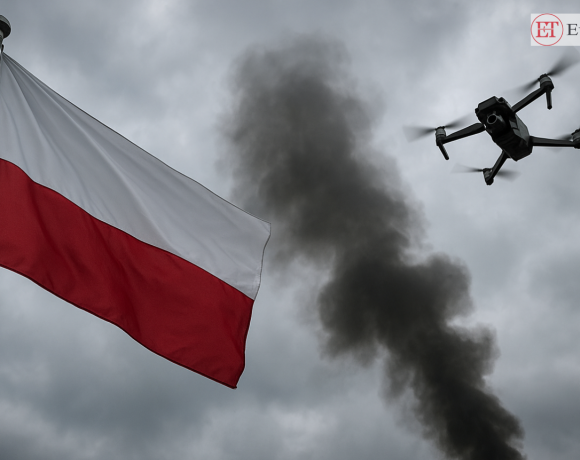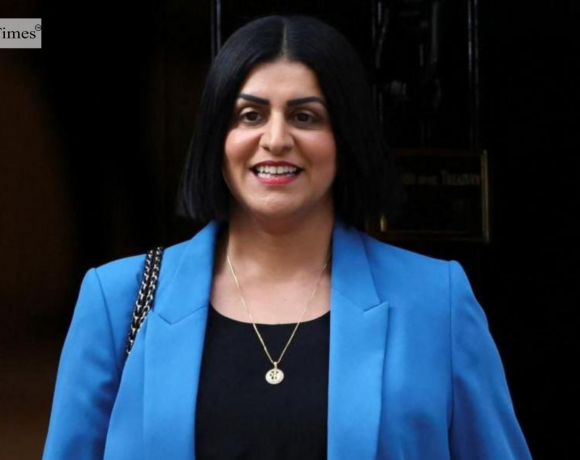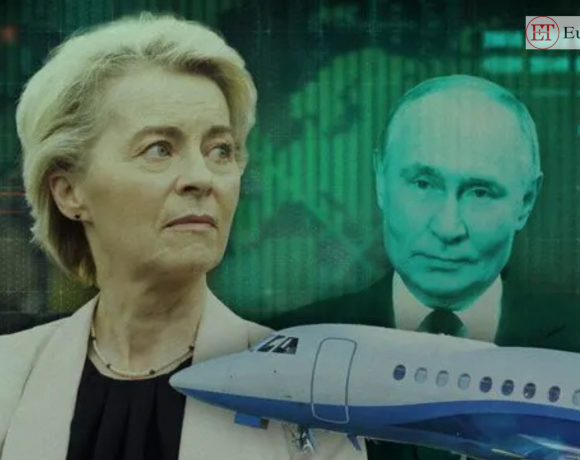
Sometimes, the brightest ideas are born in the toughest times. Ten years ago, when Rajeev Kumar Cheruvara’s real estate business was hit hard by the recession, he could have simply stepped away. Instead, he chose a different path—one that would transform his own journey and open new doors for millions of young athletes around the world. That moment of resilience gave birth to the Students World Cup (SWCC), now set to become one of the most ambitious youth sporting movements in history.
When an Idea Took Center Stage
Rajeev looks back on his beginnings with gratitude and humility. It was his friend Saju’s simple advice—“You initiate… things will follow”—that gave him the courage to take the first step. At his very first official meeting, Justice Dinesh Maheshwari asked everyone in the room to rise—not in honor of Rajeev himself, but in recognition of the powerful idea he had brought forward. “That moment wasn’t about me,” Rajeev recalls. “It was about what we could build together.”
Today, that seed of an idea has grown into something extraordinary. Backed by more than 100 legendary athletes and global patrons, the Students World Cup (SWCC) now carries a valuation of ₹16,000 crore for its first three editions—a testament to a vision that has the strength to match its dreams.
Power of Purpose
The SWCC is not just another tournament. It is a movement dedicated exclusively to school students, aiming to make sports an inseparable part of education. Beginning with Under-17 categories and expanding to Under-15, it spans 36 sporting disciplines, from athletics to swimming. The structure is rigorous—state-level knockouts leading to nationals, and finally, the grand World Cup finals. With prize pools running into crores of rupees, mentorship from legends, and even residential training for exceptional talent, SWCC is designed to create not just winners but a generation of healthier, stronger, and sharper youth.

Leveling the Playing Field
Cricket may be India’s heartbeat, but Rajeev’s dream goes beyond just one game. “Cricket already has a strong platform,” he explains. “It’s the champions in other sports who truly need recognition and support.” That’s why cricket has been intentionally left out of the Students World Cup (SWCC—so the spotlight can shine on athletes from lesser-known disciplines, giving unsung talent the stage it deserves.
A New Home for Sports Excellence
Kochi is all set to become the heartbeat of a sporting revolution. In collaboration with the Ajinorah Group of Companies, the Students World Cup (SWCC) is developing its very first Sports City—a state-of-the-art hub spread across 25 acres near Cochin International Airport.
The campus will feature an international-standard residential sports school, a massive 1 lakh sq. ft. indoor stadium, dedicated arenas for volleyball, basketball, kabaddi, hockey, athletics, football, and a world-class swimming pool. Designed to host global-scale events, it will also include parking for 5,000 vehicles, guest cottages, and service apartments.
This is just the beginning—Sports Cities are also planned for Karnataka, Tamil Nadu, the UAE, and even the Maldives, where the government has offered 108 acres on an atoll. By 2030, when India welcomes the Commonwealth Games, these Sports Cities will stand as the backbone of a new sporting ecosystem.
The Man Behind the Movement
While Rajeev is quick to credit his team, his own journey is no less compelling. An alumnus of IIM Kashipur, he specialises in consumer behaviour, blending data-driven insights with creativity. His book, Marketing Push Customers to Pull the Brand, redefined how marketers approach consumer engagement. His Guinness World Record for building the world’s largest Christmas star is proof of his flair for bold, unconventional ideas. Recognised by the Times of India for his innovative marketing strategies, Rajeev continues to bring the same energy to SWCC—transforming it from an idea into an international movement.

Toward 2036: A Sporting Dream in Motion
The path ahead is mapped with precision. With the first three Students World Cups set for 2026, 2028, and 2030, Rajeev and his team are laying the foundation for something far bigger—the 2036 Olympics, where India’s youth will step onto the world stage not as underdogs, but as true contenders.
“Our motto is simple,” Rajeev says. “To make India the sports capital of the world.”
Backed by global patrons, increasing government interest, and the enthusiasm of thousands of schools eager to participate, this once-distant dream is now beginning to look like an achievable reality.
More Than a Dream, A Movement
For Rajeev Kumar Cheruvara, this isn’t just about chasing a personal vision—it’s about building an ecosystem of purpose. A place where education and sport go hand in hand, where talent meets opportunity, and where young people from across the globe come together beyond borders.
What began as a flicker of hope during his hardest times has grown into a flame bright enough to ignite an entire generation. His journey reminds us of a timeless truth: the most powerful revolutions often start with a single person who dares to believe.
Pic Courtesy: pegasus photography/ images are subject to copyright









